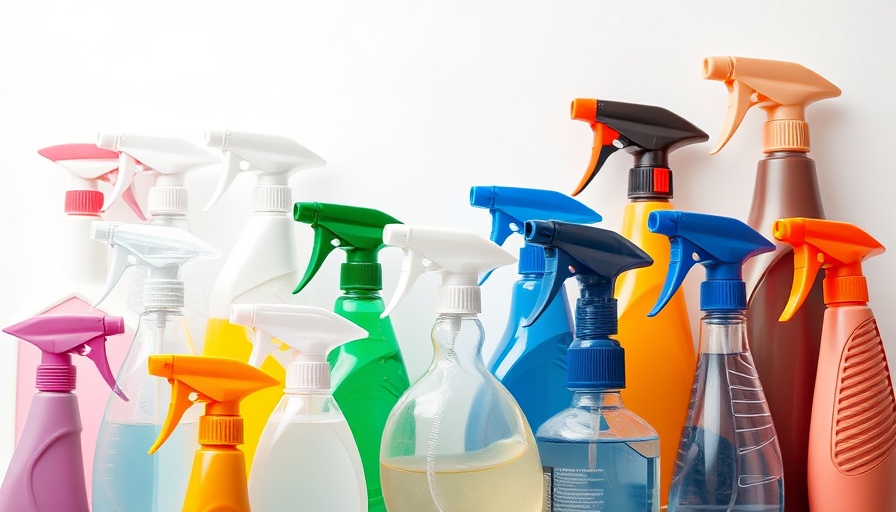
Is Moringa Truly a Nutritional Powerhouse?
The discussion around moringa (Moringa oleifera), often dubbed the 'miracle tree,' raises intriguing questions. Packed with various nutrients, moringa is touted to have remarkable health benefits, including high levels of vitamins, minerals, and even potential cancer-fighting properties. But is it all just hype?
The Nutritional Claims: Fact or Fiction?
Moringa leaves are said to contain up to 10 times more vitamin A than carrots and remarkable amounts of vitamin C, calcium, potassium, iron, and protein when compared to traditional food sources. However, these bold claims often refer to large amounts of dried leaves. A typical serving of moringa makes it less impressive than initially thought; a tablespoon of moringa powder offers nutritional benefits roughly equivalent to a fraction of common vegetables. For example, that tablespoon has only as much vitamin C as 1/100th of an orange.
Benefits of Moringa: What the Research Shows
Recent studies have provided insight into moringa's safety and efficacy. For instance, some studies suggest that moringa extract may have anticancer properties, but this has primarily been observed in laboratory settings, with no substantial clinical trials confirming its effects on humans. While early findings show that moringa may enhance antioxidant profiles in certain populations, more rigorous research is necessary to validate these preliminary results.
The Broccoli Argument: Is Moringa Worth the Hype?
Interestingly, the nutritional value of moringa often calls to mind other leafy greens, particularly broccoli. Known for its high levels of glucosinolates (chemical compounds associated with detoxification), broccoli rivals moringa without the associated bitterness of moringa leaves. Many nutritionists suggest simply reaching for common vegetables like broccoli, kale, or spinach instead of seeking out exotic superfoods.
Potential and Possibilities: What Lies Ahead?
Looking at moringa's future in the diet and nutrition world brings both promise and skepticism. As more research emerges, consumers may discover new and exciting ways that moringa could fit into a balanced diet. However, it is essential to approach these findings critically, questioning whether we need to rely on celebrity superfoods when everyday choices may offer similar health benefits.
Takeaways and Practical Tips
If you're considering adding moringa to your diet, start small. A tablespoon of moringa powder can be added to smoothies or soups for a nutritious boost. However, be mindful of its taste and the fact that variety in your diet will always deliver balanced nutrition. Enjoying a mix of vegetables, fruits, grains, and protein will yield health benefits far beyond what any single food can provide.
Conclusion: A Balanced Approach to Nutrition
Moringa brings an interesting conversation to the table around nutrition and superfoods. Whether or not it lives up to the reputation of a miracle food, keeping a varied and balanced diet will always be the real 'miracle' for health and wellness.
 Add Row
Add Row  Add
Add 




Write A Comment